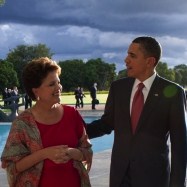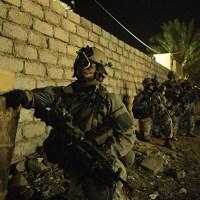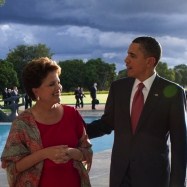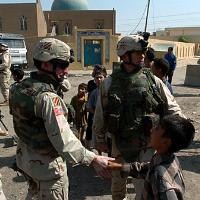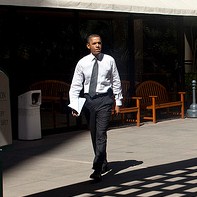
Indian Prime Minister Manmohan Singh is meeting U.S. President Barack Obama today at the White House, where the two leaders are expected to reach deals on defense cooperation and trade in nuclear technology. That reflects the interest on both sides to move past the “differences and divisions have taken center stage in recent months,” as Richard Fontaine explained in World Politics Review last month: Despite drift in some key areas of the relationship, the underlying strategic rationale for it remains. Washington is rebalancing its foreign policy to Asia, attempting to allot that region greater diplomatic attention, military resources and commercial […]


